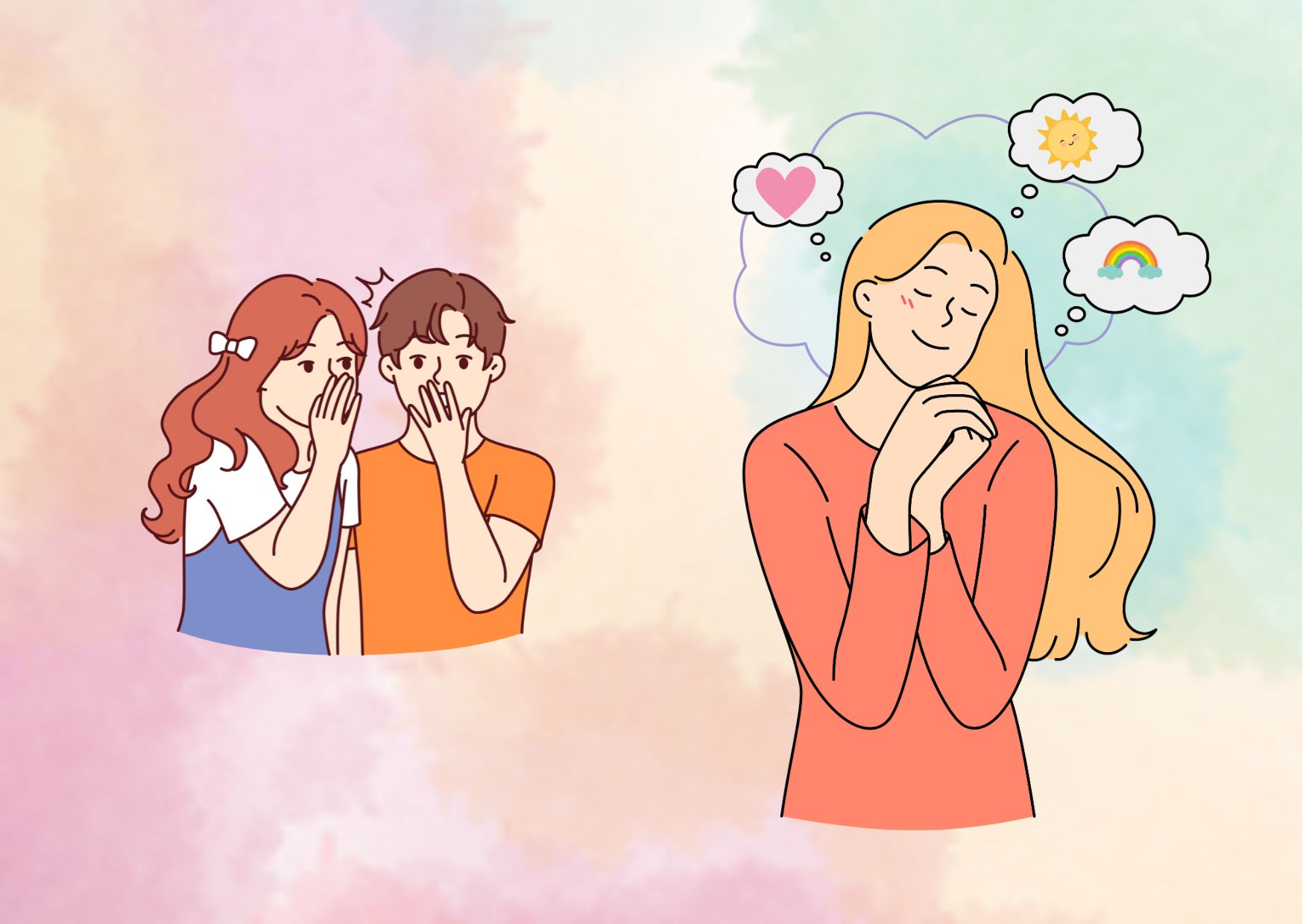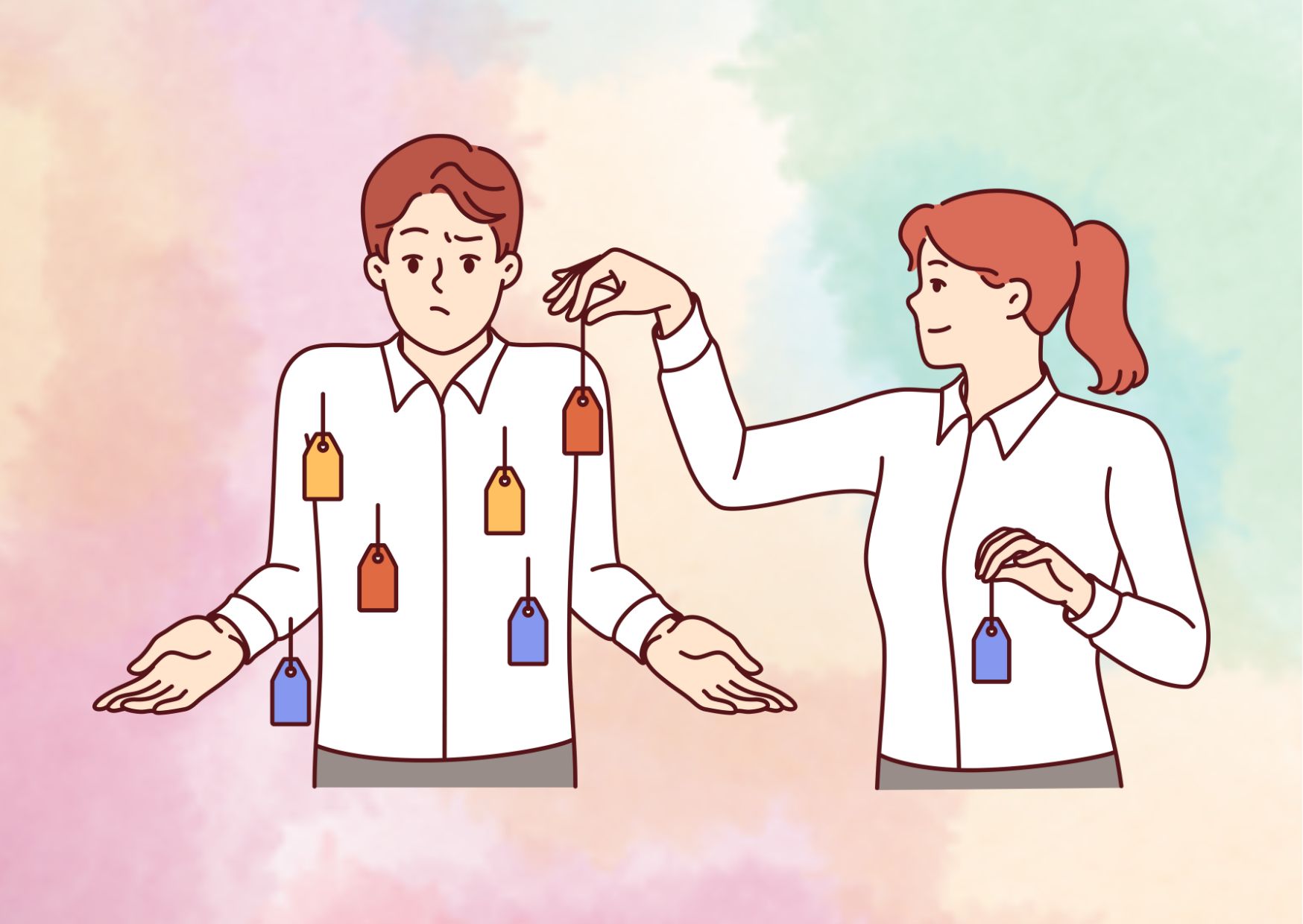Am I Naive for Believing in Love?
Believing in love means having faith in its profound impact as a fundamental human experience that can bring joy, fulfillment, meaning, and strong connections to our lives. When people express belief in love, they convey their conviction that it is a real, transformative force capable of overcoming obstacles, fostering personal growth, inspiring compassion, and unveiling the best version of oneself, even if love’s essence remains challenging to define. To maintain this belief amidst heartbreak or disappointment, one must embrace vulnerability, practice self-love, seek positive examples, and nurture supportive relationships that exemplify love’s enduring power.
This article delves into the complexities surrounding the notion of believing in love, exploring personal experiences, societal pressures, illusions of perfection, the distinction between love and lust, selfishness in relationships, the rarity of true connection, and practical advice for naive individuals. It aims to provide a nuanced perspective on this intricate emotion, redefining what it means to genuinely believe in love’s transformative potential while navigating its challenges.
Definition of Being Naive
Being naive refers to lacking experience, wisdom, or judgment, often resulting in a tendency to trust others too readily or to believe things without questioning or critical analysis. A naive person may be overly trusting, gullible, or easily deceived due to their limited understanding of the complexities of the world or their tendency to see the best in others. Naivety can manifest in various situations, such as in interpersonal relationships, business dealings, or decision-making processes. It is important to note that being naive is not necessarily a permanent trait and can be mitigated through education, life experiences, and developing critical thinking skills.
Personal Experiences
Personal experiences can profoundly shape one’s belief in love. Negative encounters, such as heartbreak, betrayal, or a series of failed relationships, can lead to feelings of disillusionment and a loss of trust in the concept of love. The loss of faith in love can have significant effects on well-being, leading to feelings of loneliness, cynicism, and emotional detachment. Factors that can contribute to this loss of faith include witnessing cycles of relationships forming and breaking up, experiencing the loss of close loved ones, lack of secure adult role models, and societal influences and pressure.
On the other hand, positive experiences can renew one’s belief in true, unconditional love. The author’s faith was restored after witnessing a couple, Rosemary and Evan, who exemplified this type of love. Described as the “definition of #relationshipgoals,” Rosemary and Evan loved each other deeply, unconditionally, and wholeheartedly, accepting each other for who they were. The author, previously heartbroken and doubtful about the existence of true love, felt a joy and pleasure in their presence, as it reminded them of what is truly important in life.
Personal experiences can also shape our understanding of love’s complexities. The author’s own marriage, while happy, is not perfect – they have faced disagreements, financial hardships, and other challenges. The author had idealized dreams of a perfect marriage and life as a child, but reality set in, and their marriage did not match these idealized dreams. Over time, as the author and their husband grew in their faith, their hearts and perspectives changed, and the resentment turned to gratitude, and the blame turned to grace.
Societal Pressures and Expectations
Society exerts significant pressure on individuals to conform to certain norms and expectations regarding romantic relationships. Many people have become cynical about love and marriage due to high divorce rates, broken families, and a culture that emphasizes individualism and pleasure over commitment. However, this cynicism, while a rational response to negative personal experiences and cultural trends, is also a narrow and self-fulfilling perspective that ignores the reality of genuine, selfless love.
The disappearance of color, style, and bold statements in modern architecture and design reflects a broader cultural trend away from passionate, romantic commitments [9]. To overcome this cynicism and rediscover romance is crucial for raising a new generation capable of building loving families and a healthier society. We need to step outside of our cynical mindsets and rediscover the optimism, forgiveness, and unconditional love that can create a ‘heaven on earth’ through committed relationships and families.
Social media has also played a role in shaping societal expectations around relationships. People often portray an image of a ‘perfect’ relationship on social media, when the reality may be different. The author advises against posting negative things about one’s partner or relationship online, as it can damage trust and open the door for outside interference.
Furthermore, the media’s depiction of romantic love as being defined by physical appearance, expensive gifts, and grandiose gestures, rather than true, lasting connection, is criticized. This unrealistic portrayal of love can create unrealistic expectations and lead to disappointment in real-life relationships.
Social pressure can have both positive and negative effects on relationships:
Positive effects:
- Social support from friends, family, and society can strengthen relationships and increase overall satisfaction.
- Shared social norms with a partner can align them on shared values and goals.
Negative effects:
- Pressure to conform to social norms or expectations can lead to a lack of authenticity and emotional disconnection.
- Pressure to stay in an unfulfilling relationship due to social norms.
- Pressure to make decisions based on social norms rather than personal values/preferences, leading to a lack of autonomy and resentment.
- Social pressure can inhibit open and authentic communication between partners, leading to a lack of intimacy.
- Partners may avoid difficult conversations or conflict to conform to social expectations.
- Social pressure can influence partners to make decisions that are not aligned with their own values or preferences.
- When partners feel pressure to conform to social norms, they may not be able to fully express themselves, leading to dissatisfaction.
The Illusion of Perfection
The notion of a ‘perfect’ relationship is an illusion that can lead to unrealistic expectations and disappointment. Every couple faces challenges and goes through ups and downs, as no relationship is without flaws or imperfections. The key is to embrace these imperfections and focus on building a strong, loving connection based on mutual understanding, compromise, and a shared commitment to making the relationship work.
Rather than striving for an unattainable ‘perfect’ relationship, couples should concentrate on:
- Pleasing God: For those with religious beliefs, prioritizing their relationship with God and aligning their actions with their faith can provide a solid foundation for a healthy, fulfilling partnership.
- Refusing to Give Up: Relationships require effort, patience, and a willingness to work through difficulties. Couples who refuse to give up on each other, even during challenging times, are more likely to build a lasting, meaningful bond.
- Accepting Imperfections: Recognizing that both partners are imperfect human beings and embracing each other’s flaws and quirks can foster a deeper understanding and appreciation for one another.
- Focusing on Growth: Instead of seeking perfection, couples should prioritize personal growth and self-improvement, both individually and as a couple. This growth mindset can help them navigate challenges and strengthen their connection over time.
By shifting their perspective away from the illusion of perfection and towards a more realistic, compassionate, and growth-oriented approach, couples can cultivate a happy, fulfilling relationship built on a foundation of love, understanding, and commitment.
Suggestion for read: Leave a Toxic Relationship in 5 Effective Steps
Love vs. Lust
The initial feeling of being in love is often an illusion created by the brain’s ‘love chemicals’ that make people feel euphoric, excited, and dreamy. This intense rush of emotions and physical attraction is commonly mistaken for true love, when in reality, it is a state of lust – a strong sexual desire fueled by infatuation and idealization of the other person.

